With the enactment of Florida’s sweeping public sleeping and camping law in late 2024, the ability to rest or reside temporarily in your vehicle across the state has become more complex. As of January 1, 2025, the law empowers residents, business owners, and even the state attorney general to legally challenge any local government that permits unauthorized public sleeping—while also creating a path for legally sanctioned encampment areas. At the same time, private vehicle “car camping” remains exempt under certain conditions. In this deep dive, we’ll break down what you can and can’t do in 2025, backed by context, city comparisons, and practical tips.
Understanding the 2024–2025 Florida Public Sleeping & Camping Law
Florida House Bill 1365 was submitted early in 2024 and signed into law by Governor DeSantis. It officially took effect on October 1, 2024, with civil enforcement provisions activated on January 1, 2025.
Key elements of the law include:
-
An outright statewide ban on public camping or sleeping in parks, sidewalks, streets, public rights‑of‑way, or public building grounds.
-
Sleeping in a personal motor vehicle is specifically excluded from this ban—provided it is properly registered, insured, and parked legally.
-
Counties and municipalities cannot permit or authorize regular public sleeping or camping.
-
Counties are authorized (but not required) to designate specific sites for camping by homeless individuals—subject to state rules and oversight.
-
Once designated, these sites must include minimum standards for safety, sanitation, behavioral health access, and prohibit substance use.
-
Beginning January 2025, residents, local businesses, or the state attorney general can sue local governments that violate the prohibition within public spaces, after giving five days’ advance notice.
-
Exemptions apply during declared emergencies.
This new structure creates dual tracks: a strict ban on public sleeping, alongside a narrowly regulated carve-out for vehicle camping.
State vs. Local Rules: The Legal Landscape
State-level framework
At the state level, HB 1365 forms a decisive blueprint limiting public sleeping—such as in parks, sidewalks, or other communal venues. However, it explicitly states that sleeping in a legally parked, registered, and insured motor vehicle is not covered by the ban. That means you aren’t breaking state law if you’re in your car under those conditions.
Local ordinances
Many Florida cities already had similar bans in place before HB 1365, effectively preempting change. In some regions, though, the state’s new enforcement mechanisms—like civil suits—have pushed municipalities to align more strictly with these restrictions. Local ordinances may still prohibit or limit overnight parking in residential areas, commercial lots, scenic zones, or neighborhoods.
The bottom line: You have to obey both the statewide framework and any additional rules set by cities or counties.
Can You Sleep in Your Car? Clarifying Specific Situations
Even though state law allows vehicle sleeping, several conditions apply:
-
The vehicle must be legally registered and insured in your name.
-
Placement matters—it must be in a location where parking is legally permitted.
-
Time limits set by local ordinances must be respected. Some cities or private property owners prohibit overnight parking.
-
Intention matters: “Sleeping for rest” differs from setting up your car as a living space.
Time limits and rest stops
Florida’s rest areas generally allow stops of up to three hours for motorists. Some attorney advice suggests this as the unofficial maximum beyond which enforcement may occur.
DUI risk
Even if you’re sleeping it off, an officer could initiate a DUI stop if they find you asleep behind the wheel. It’s safest to ensure:
-
The vehicle is turned off,
-
Keys are not in the ignition,
-
You are out of the driver’s seat if impaired.
Local Ordinances: City‑by‑City Guide
Below is an overview of prominent metro areas in Florida and how they handle car sleeping in 2025:
Miami‑Dade County
-
The county aligns closely with state law.
-
Public camping and sleeping in parks or sidewalks is prohibited.
-
Vehicle sleeping is tolerated if parked legally in public areas.
-
Private lots (e.g., Walmarts) vary in their overnight policies—permission or signage often needed.
Broward County (Fort Lauderdale)
-
Fort Lauderdale criminal code bars “lodging or sleeping in or about” a vehicle in public lots or streets.
-
Enforcement tolerance varies: a lawyer indicates a three‑hour cap is typical.
-
Private property enforcement is common—store management or police may move you along.
Orange County (Orlando)
-
Public sleep ban mirrors the statewide standard.
-
Overnight vehicle parking rules follow municipal codes—tight around tourist areas.
-
Designated safe parking locations are rare, but private RV or truck stops may allow stays.
Hillsborough County (Tampa)
-
Tampa and surrounding suburbs rarely allow overnight public sleeping.
-
Existing codes and the state law align, so vehicle sleeping is handled locally.
-
In tourist or beach zones, overnight car stays are frequently ticketed or towed.
Duval County (Jacksonville)
-
According to anecdotal reports, Jacksonville is relatively lenient toward vehicle sleepers—particularly compared to tourist destinations.
-
Still, any legal parking restrictions (residential zones, time limits, private lot rules) apply.
Penalties, Enforcement, and Real‑World Practices
Penalties
-
Tickets for illegal camping or public sleeping: up to $500 or misdemeanor charges.
-
Civil suits now permitted: residents, businesses, or the state can sue governments that violate the public sleeping ban.
-
Private property owners (malls, stores, garages) can summon law enforcement to remove you or see you cited for trespassing or illegal parking.
Enforcement in Practice
-
In cities with high tourism (Orlando, Tampa, Fort Lauderdale), officers and tow companies actively patrol for overnight vehicle parkers.
-
In other areas (Pensacola, Jacksonville), enforcement is more relaxed.
-
Businesses like Walmart or Cracker Barrel might turn away overnighters if local rules don’t allow it—even if they’re okay with RVs.
Anecdotal Insights
-
A Reddit thread noted that Florida isn’t uniformly strict:
“It may be illegal in certain locales but it is not illegal in the whole state… best cities… are Pensacola and Jacksonville. Avoid… Tampa and Orlando.”
-
Fort Lauderdale lawyers report that while short vehicle naps are tolerated (up to 3 hours), extended stays are not.
Designated Camping Sites & Shelter Alternatives
HB 1365 allows counties to set up designated sites for camping—under strict oversight:
-
These must be approved and certified by the Department of Children & Families.
-
Only applicable when shelter capacity is exceeded and homelessness is concentrated in public sites.
-
Facilities must meet minimum safety and hygiene standards:
-
24/7 lighting/security,
-
Clean restrooms and running water,
-
Access to parts of behavioral health and substance‑use services,
-
No alcohol or illicit drug policy.
-
Counties already acting: Broward, Miami‑Dade, Orange, Volusia, and others are working to establish such sites. However, legal challenges from residents are allowed if they feel designations violate property values or safety.
Impact of the Law: Homeless Population & Services
Statistics
-
Central Florida’s unsheltered population rose roughly 225% between 2019 and 2024.
-
In early 2025, for the first time in years, nearly all Central Florida counties recorded decreases in unsheltered homelessness following the law’s enactment.
-
Experts caution these numbers reflect a “chilling effect”—not necessarily fewer people without homes, but fewer in visible public spaces.
Reactions
-
Service agencies emphasize that deeper issues—lack of affordable housing and mental health support—aren’t addressed by simply banning camping.
-
Retail advocacy groups say the law has spurred more unified efforts and funding for housing services in several counties.
-
Critics argue it merely pushes the problem out of sight rather than offering permanent solutions.
Tips for Staying in Your Car Legally and Safely
Here are some practical strategies if you plan to sleep in your vehicle in Florida:
-
Know local parking rules—understand if overnight stays are allowed in public streets, lots, or rest stops.
-
Rest stops—generally OK for up to 3 hours; some DOT areas have strict time limits.
-
Private lots (e.g., Walmart, Cracker Barrel)—always check signage or call ahead.
-
Hotels with pet policies—you can park in their lot even if you don’t stay overnight.
-
RV parks or truck stops—can be an inexpensive and safer option.
-
Safety first—park in well-lit, low-traffic areas; lock all doors.
-
Avoid residential zones if overnight parking is restricted.
-
Rest properly—engine off, key out of ignition, park legally.
-
Set an alarm—to avoid overstaying expected time limits.
-
Be discreet—think of it as a rest stop, not a campsite (no grills, awnings).
Conclusion: Navigating the Rules in 2025
As of 2025, Florida’s legal landscape for sleeping in your car is defined by nuanced boundaries:
-
Public camping/sleeping in communal spaces remains banned statewide.
-
Car sleeping is permitted only when in a registered, insured vehicle parked legally.
-
Local ordinances may still impose additional restrictions or time limits.
-
Enforcement is patchwork—strict in tourist or beach cities, lax in less congested areas.
-
Counties may establish regulated encampments for the homeless under tight oversight.
-
Penalties include civil suits, fines, and misdemeanors—but primarily aimed at public camping, not car camping.
If you’re traveling through Florida and need to rest, the safest approach is:
-
Choose official rest areas or approved private lots,
-
Understand local parking time limits,
-
Always park legally and be prepared to move on if asked.
The law does allow for rest, but always within the rules. Navigate thoughtfully—and you can sleep in your car in Florida in 2025 without legal worry.

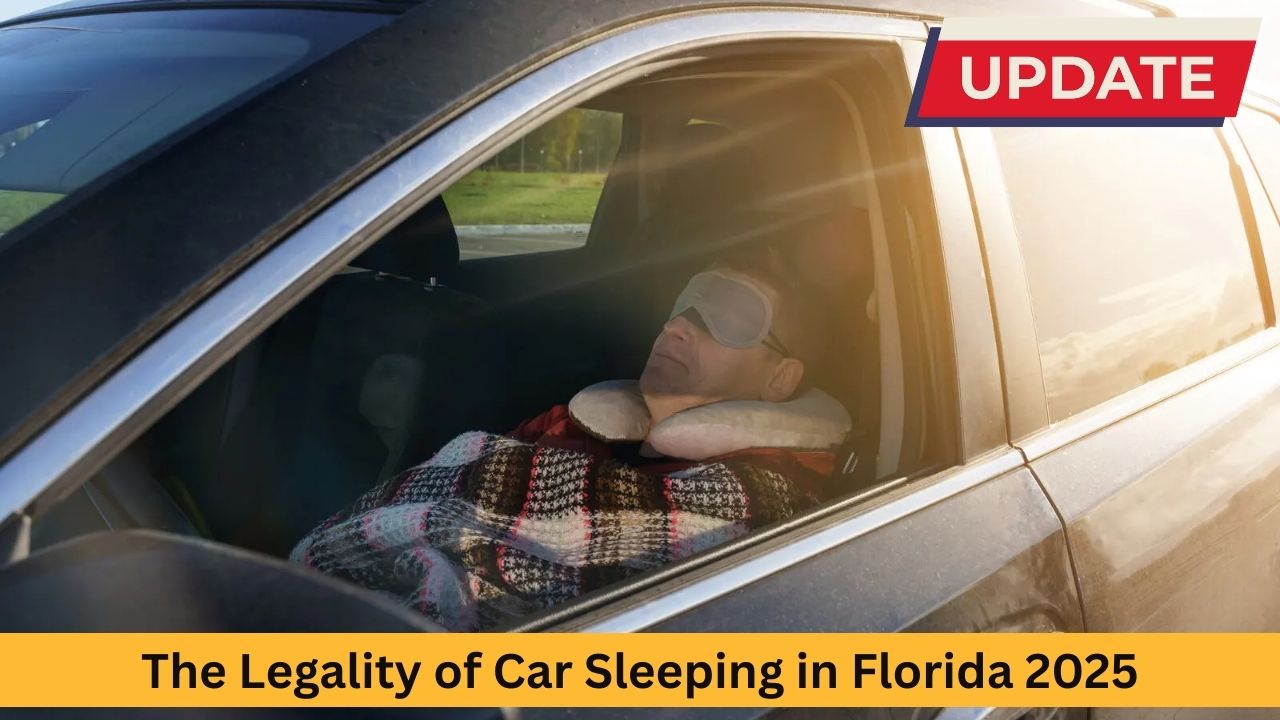

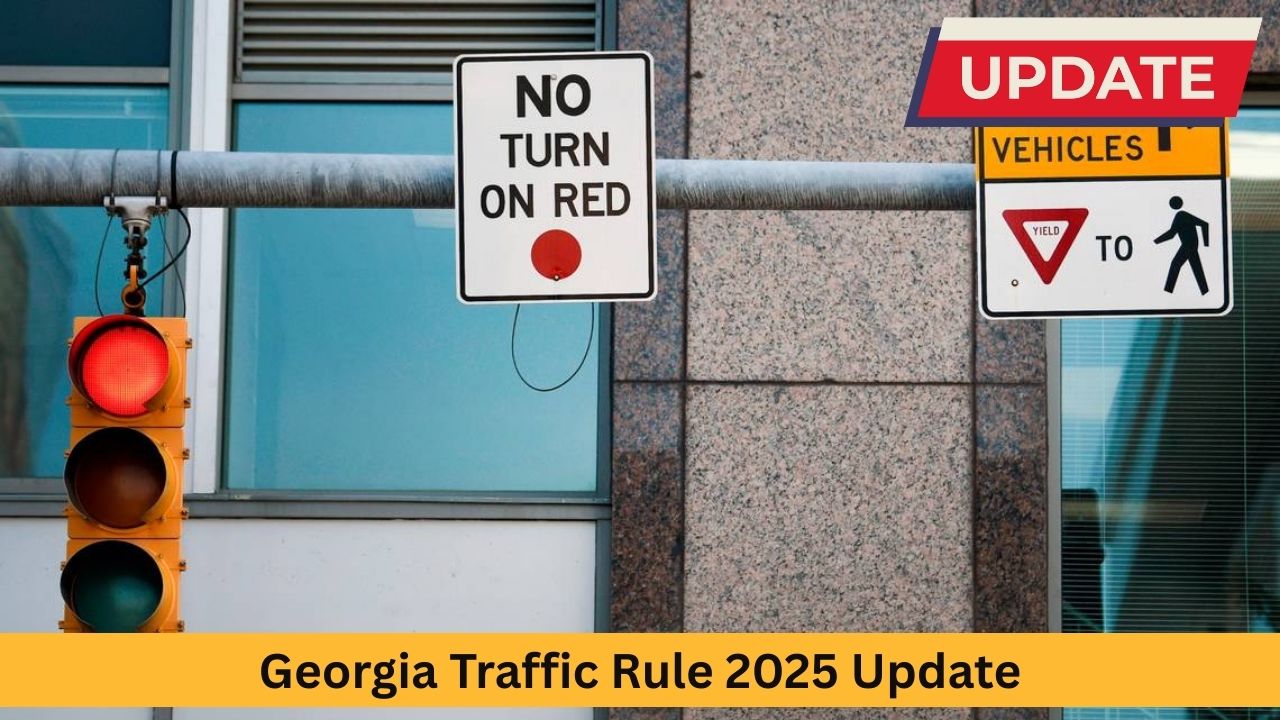
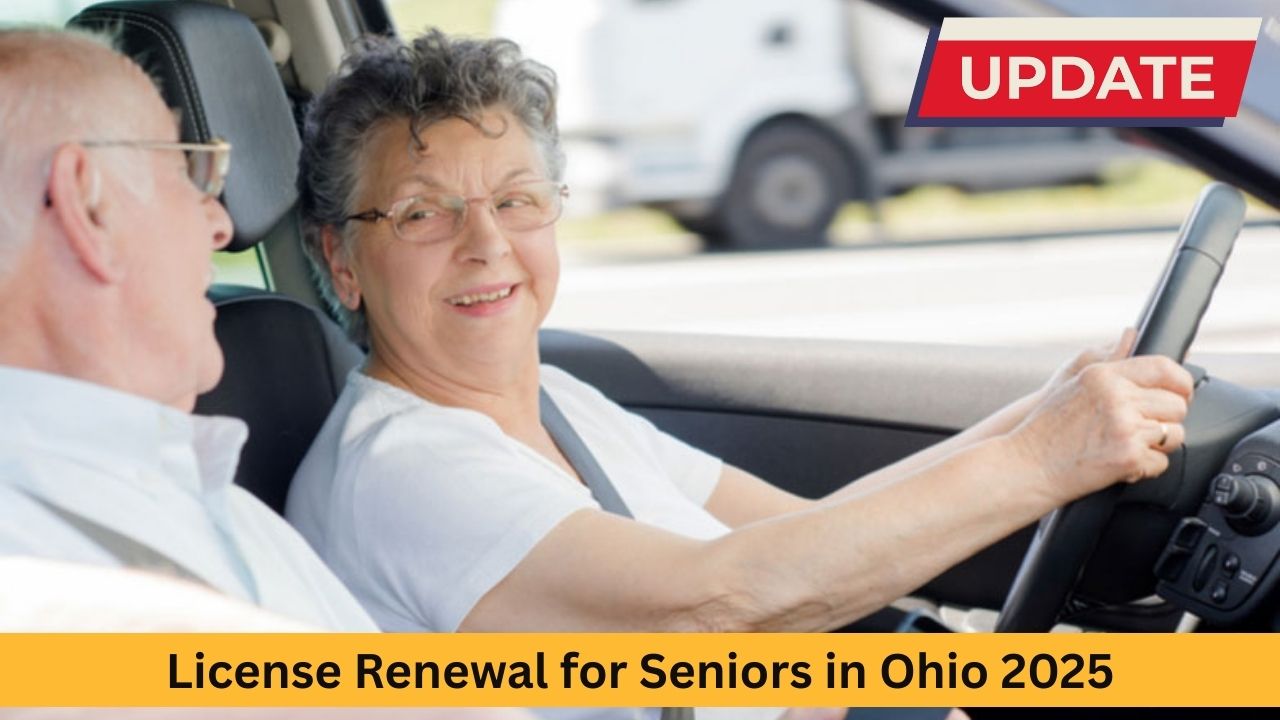
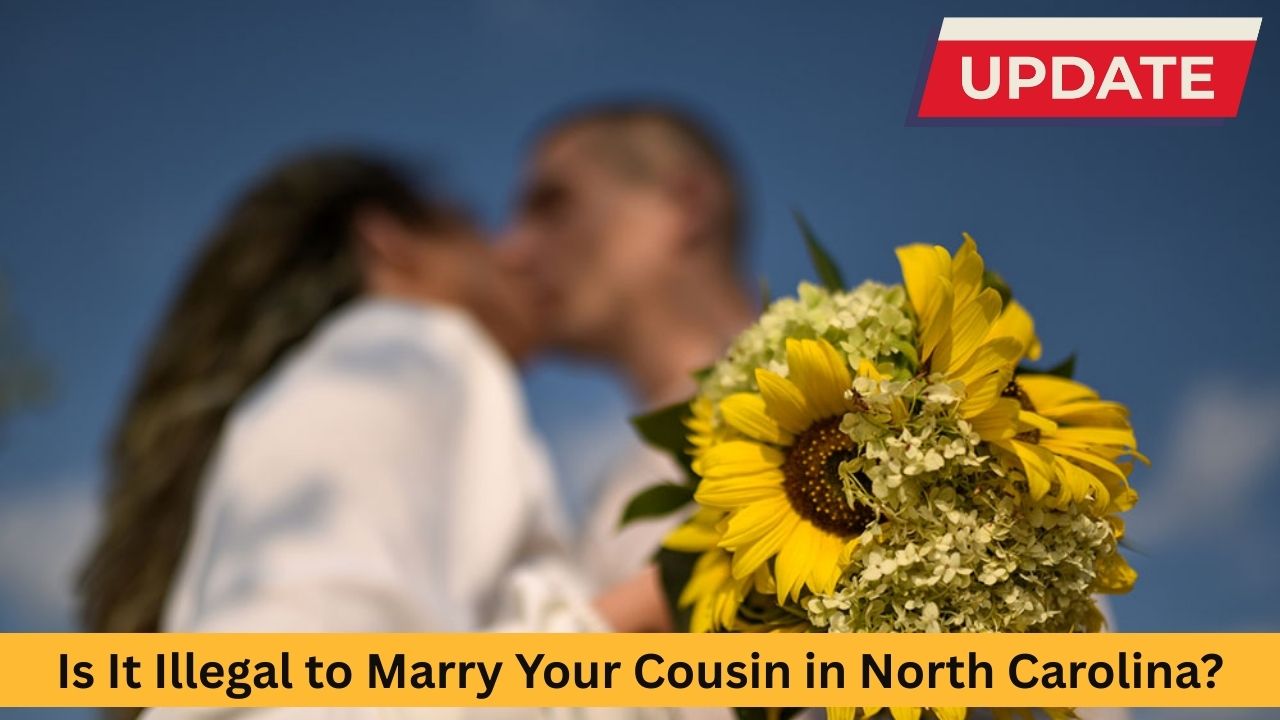
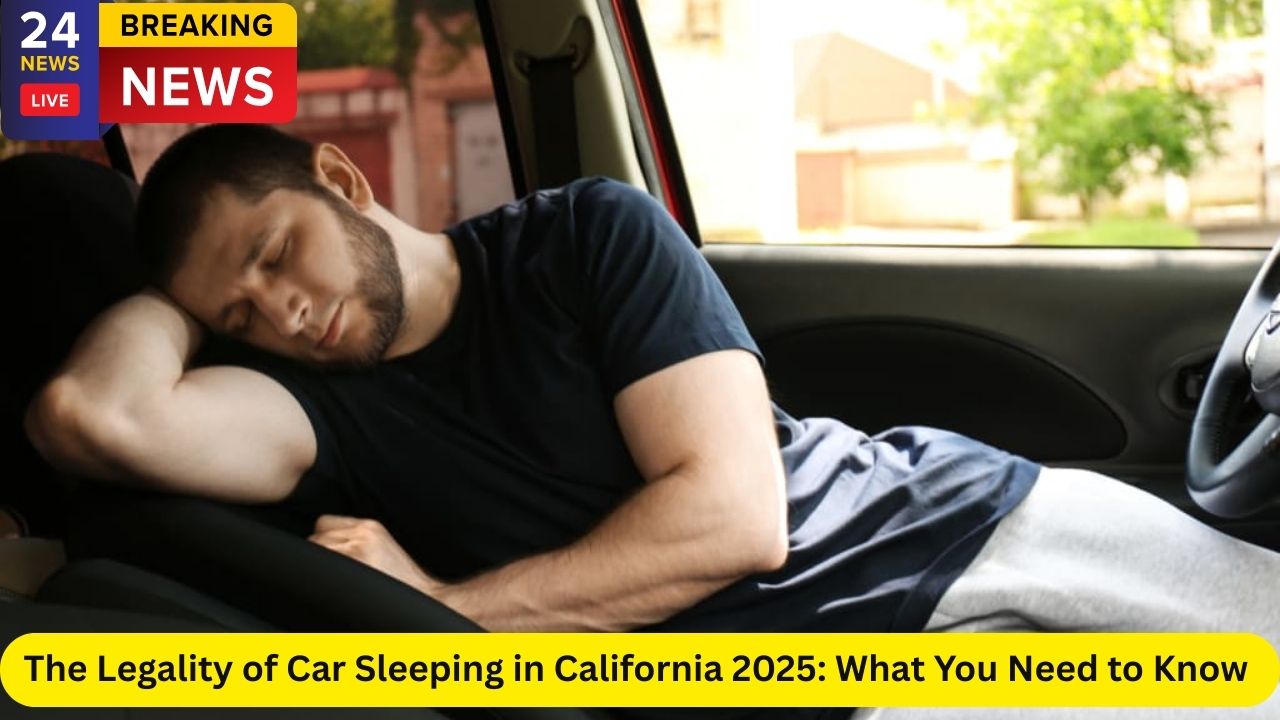
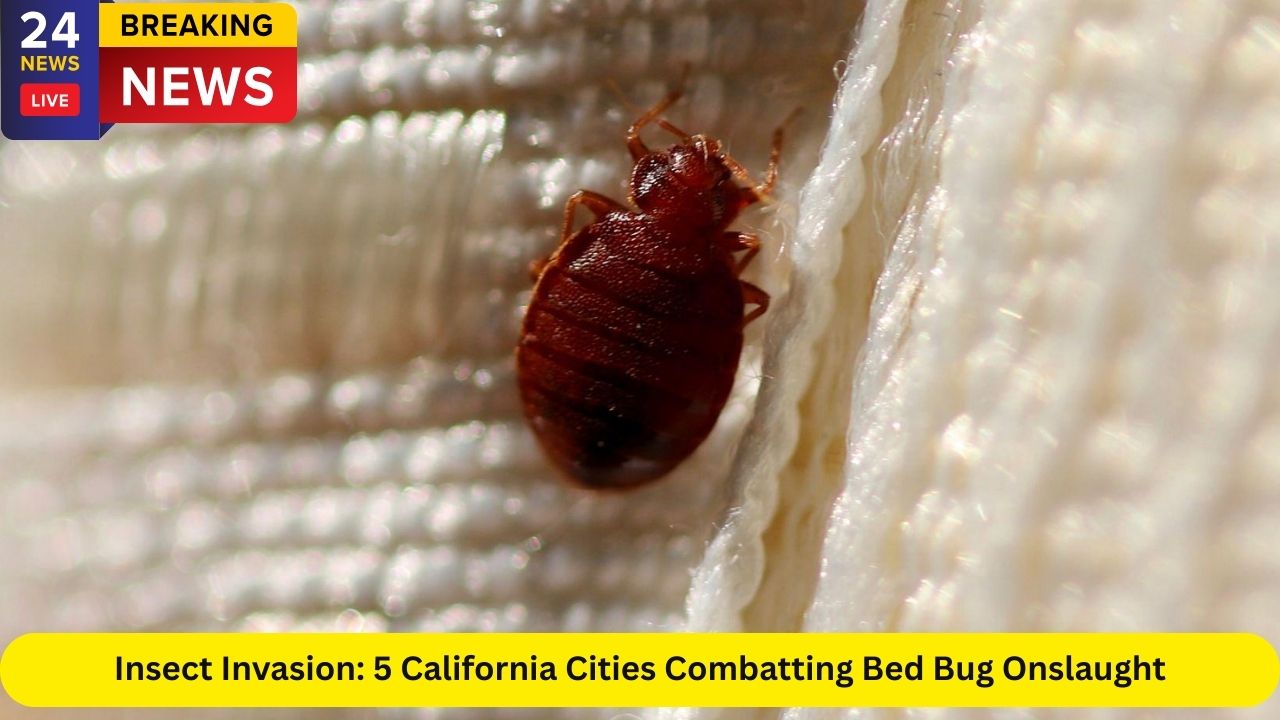
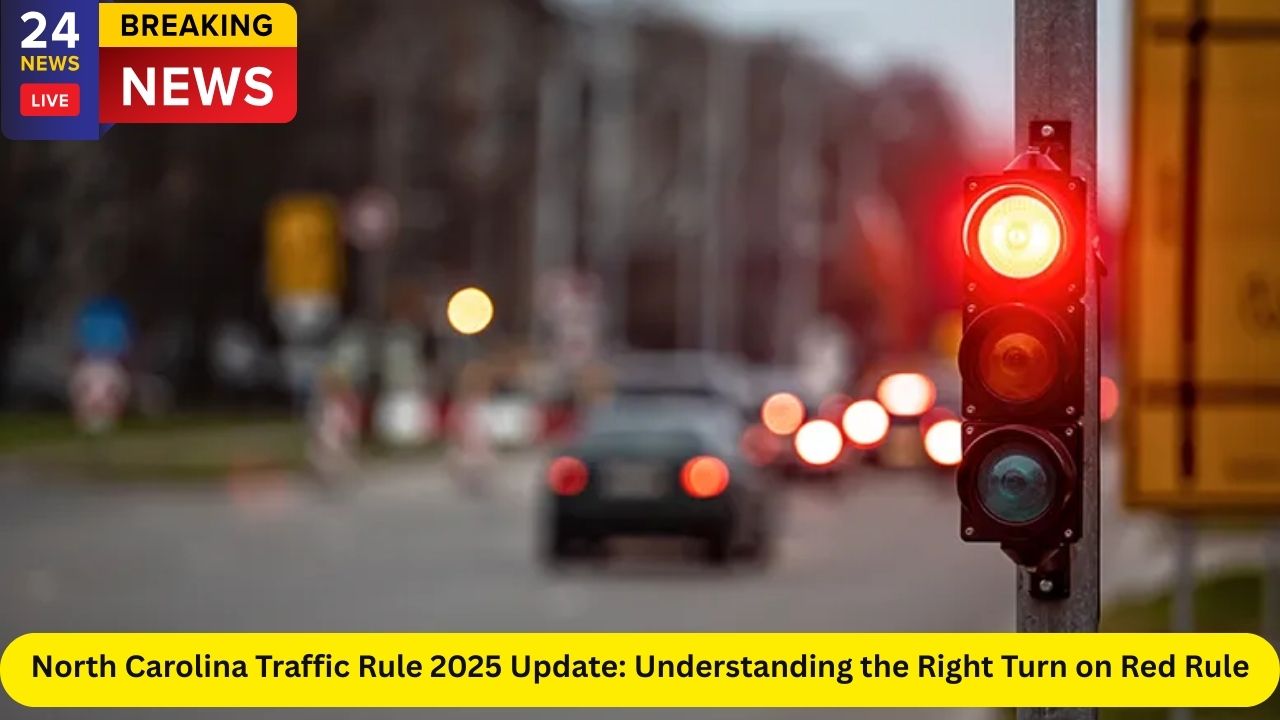
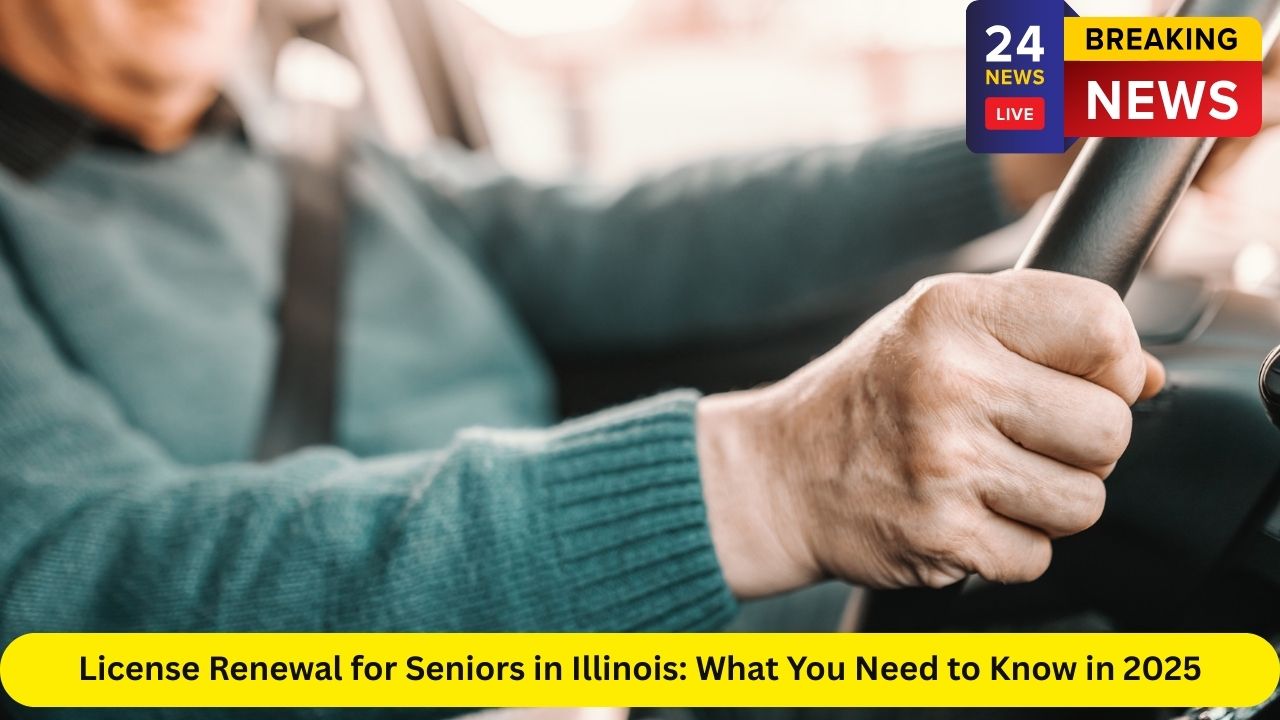
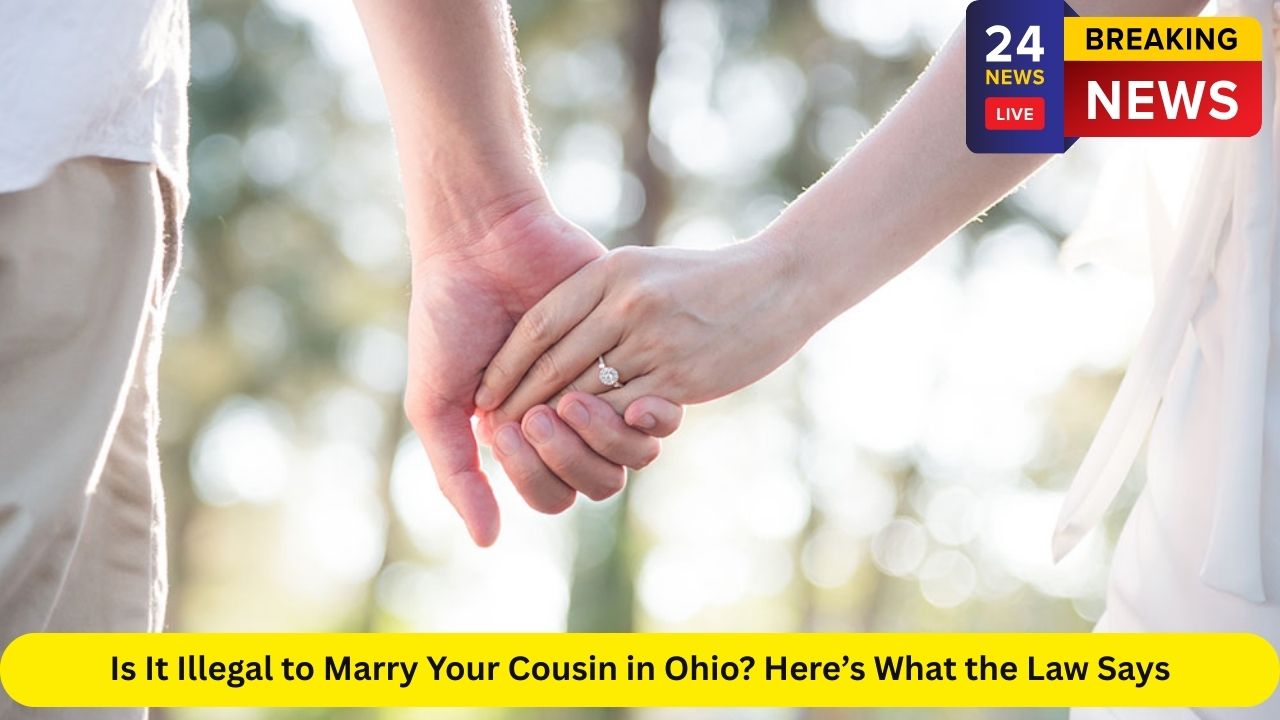
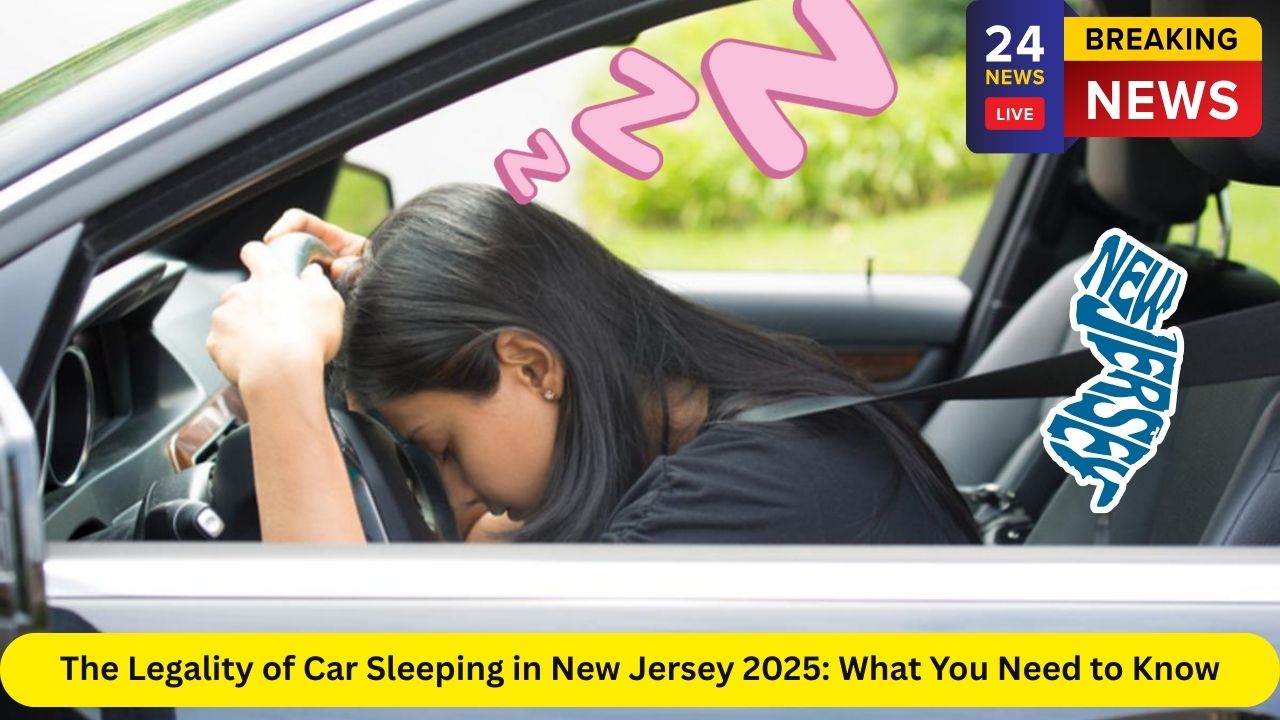
Leave a Reply